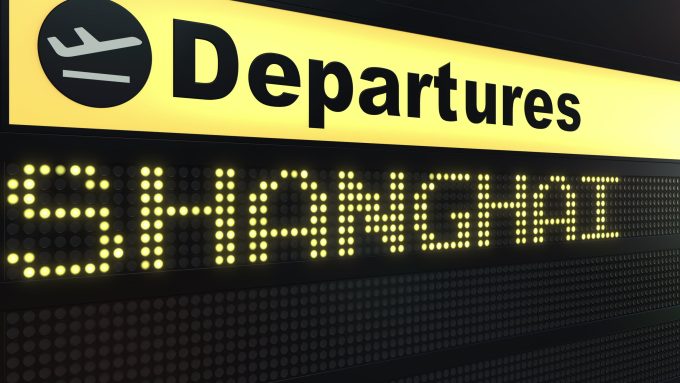Ocean carriers hold contract rates 'at a decent level', as spots tumble
While spot rates across the major deepsea trades have been on the decline since the ...

Europe’s secondary cargo airports are jockeying for a greater slice of Chinese trade as the continent’s major gateways struggle with congestion and traffic restrictions.
According to René Droese, cargo managing director at Budapest Airport, secondary cargo hubs can give shippers’ supply chains some much-needed flexibility.
“The feedback from shippers is very clear, they care more than ever about timely cargo deliveries and using uncongested airports,” he said today at the Air Cargo China event in Shanghai.
Budapest has the perfect location for airlines flying from ...
USTR fees will lead to 'complete destabilisation' of container shipping alliances
Outlook for container shipping 'more uncertain now than at the onset of Covid'
Flexport lawsuit an 'undifferentiated mass of gibberish', claims Freightmate
Cancelled voyages take the sting out of spot rate declines this week
Shippers warned: don't under-value US exports to avoid tariffs – 'CBP will catch you'
Blanked sailings in response to falling demand 'just a stop-gap solution'

Comment on this article